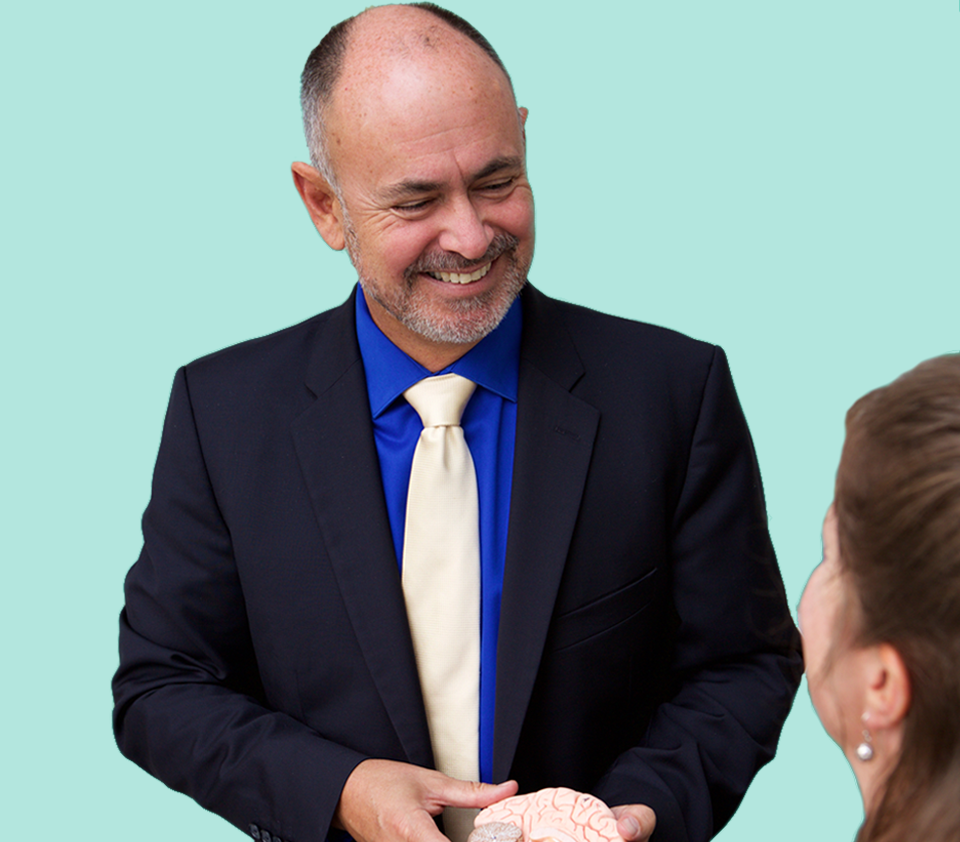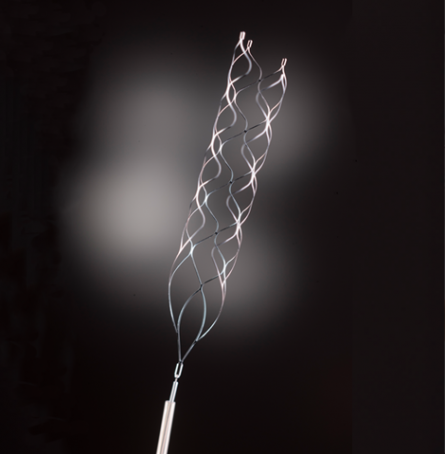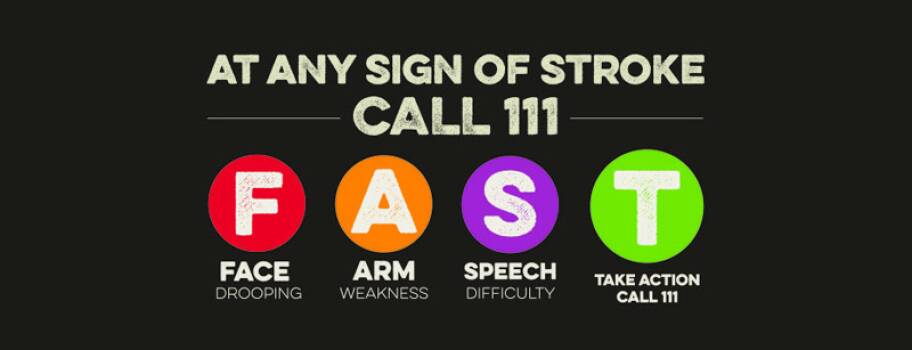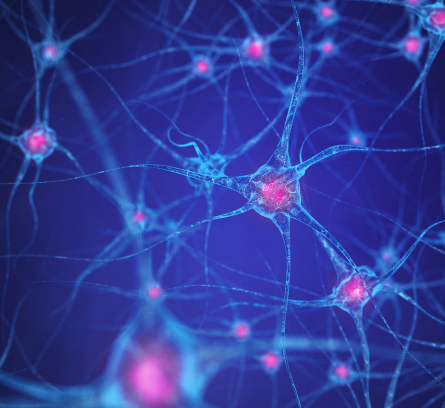
The Chair in Clinical Neurology is tasked with taking the latest research into neurological conditions and making improvements in how we treat and care for patients.
Professor Alan Barber, a neurologist and Director of the Auckland Hospital Stroke Service, was appointed as the inaugural Chair in 2008. The following year, he was also appointed as the Deputy Director of the Centre for Brain Research at the University of Auckland, a collaboration of more than 200 researchers all working towards a common goal of finding and developing new treatments for neurological conditions.
Life-changing progress

In 2011 the Centre for Brain Research opened The Brain Recovery Clinic, bringing together clinicians, researchers and the community to improve outcomes for patients following stroke or traumatic brain injury. The team have since developed two algorithms that are now in clinical use to create personalised rehabilitation programmes for each patient, to optimise their recovery.

Professor Barber and his team treated the first New Zealand patient with the clot-busting drug alteplase in the early 2000s and were instrumental in rolling out this therapy around the country. He was also part of the team that showed clot-retrieval, where a catheter is used to remove the clot blocking blood flow to part of the brain, is effective and significantly improves neurological outcomes following stroke.
Read our recent articles to find out more about stroke research by the Neurological Foundation Chair of Clinical Neurology.




The future will see the team investigating further ways they can refine stroke treatment and recovery techniques, while supporting other centres across New Zealand to implement the clot retrieval technique.

Translating the latest scientific knowledge into clinical treatments for people with neurological conditions is complex and costly. Despite these challenges, world-class brain research taking place in laboratories and hospitals here in New Zealand is saving lives, and Professor Alan Barber is among those leading the way. Help us to continue funding this unique role, which is changing the lives of hundreds of New Zealanders each year.


